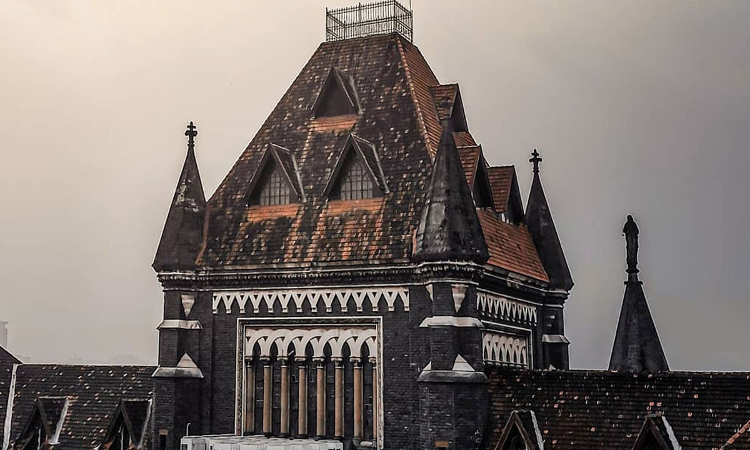The Bombay High Court has held that the AO has no jurisdiction to assess or reassess any income, which was the subject matter of an appeal.The bench of Justice K.R. Shriram and Justice Neela Gokhale has observed that since the grant of benefit under Section 11 of the Income Tax Act, 1961, was the subject matter of appeal and has been held in favour of the assessee, the matter cannot...

